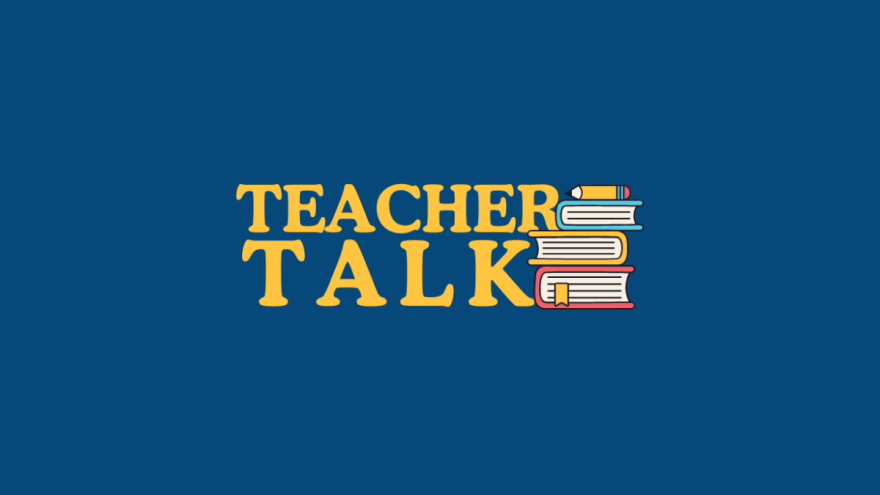Part 2 of 3
It’s that time of year when we hear a lot about Supreme Court cases, and that got me thinking about my favorite court cases to talk about in my Teacher Pathway classes not only because they made a huge impression at the time of their decisions but also because they significantly impact our schools and courts’ decisions to this day.
Engel v. Vitale (1962)
In this case, Steven Engel, a Jewish man, and other parents of Hyde Park, New York, sued school board president William Vitale in order to strike down a newly established New York state law that required the Pledge of Allegiance and a 20-word standardized prayer to be recited by students at the beginning of each school day. Many school districts in New York were already not complying with the law for fear of a lawsuit just like Engel’s. Nevertheless, New York’s lower courts ruled that the prayer was legal because it was “nondenominational” and voluntary.
The Supreme Court, however, decided 6-1 that the prayer violated the Establishment Clause of the Constitution’s First Amendment, which prohibits the government from establishing a religion. They explained that the nondenominational and voluntary aspects didn’t matter because the issue was that the government was still promoting particular religions. What’s more, according to USCourts.gov, Justice Douglas wrote “that any type of public promotion of religion, including giving financial aid to religious schools, violates the Establishment Clause.” In summary, Engel v. Vitale established that schools may not promote particular religions, but students retain the right to initiate their own prayers. Religion is not banned from schools; students often pray in school and add their religious perspectives to discussions and writings. The school itself must stay away from promoting a religion.
Today these issues still spark debate from signage in schools to vouchers for private schools. In both cases one must consider (1) the government’s investment in particular religions and (2) the level of choice students have when viewing the signage or parents have when using the vouchers. For example, you might remember the recent 2022 Kennedy v. Bremerton School District 6-3 ruling that allowed football coach Joseph Kennedy to kneel in prayer at the 50-yard line after football games. Two important questions of this case asked (1) if a single teacher represents government investment in a particular religion and (2) if students experienced any sense of coercion to join their coach.


